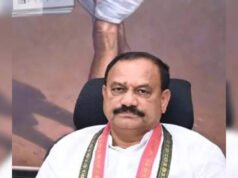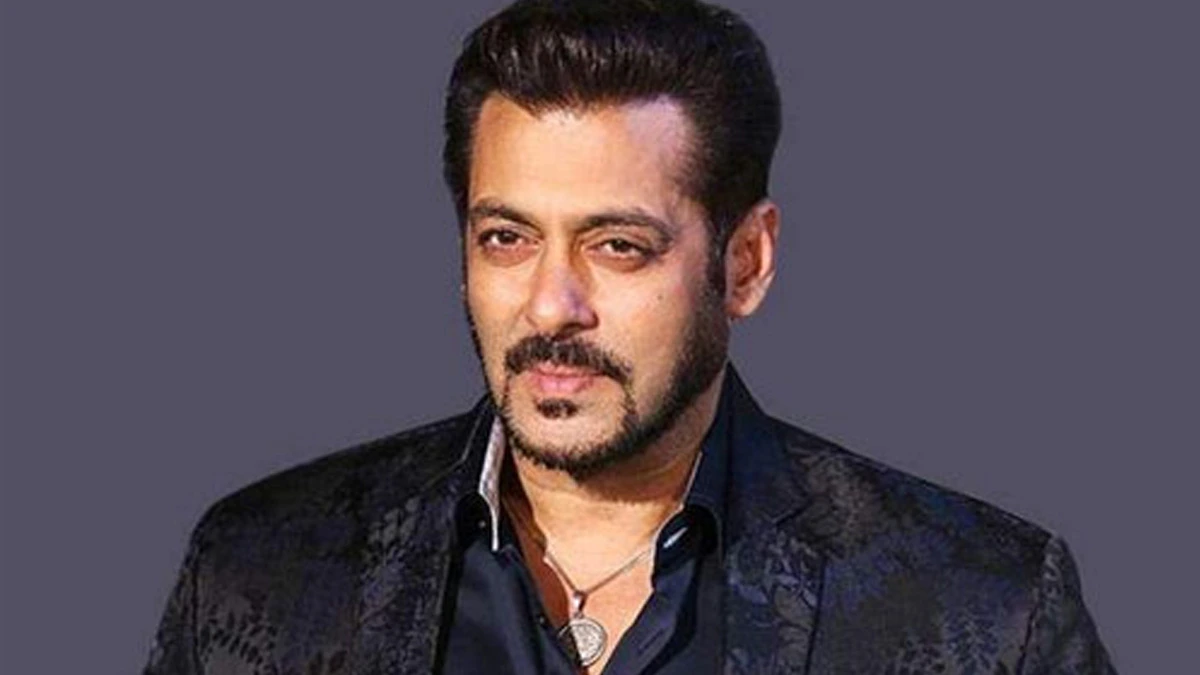
Hyderabad: On a regular evening near Hyderabad’s public spaces like Tank Bund, if one is lucky, they might hear a singer holding an audience that didn’t know it was one or a beatboxer performing in a corner. These performances don’t come with ticket counters or stages, and sometimes. They are short, instinctive, often made up on the spot and some call it busking. In Hyderabad, the word still feels new. Those who practise it walk a thin line between art, occupation, disruption and, sometimes, illegality.
Anant Aggarwal, who performs as The Urban Naga, has been beatboxing in public spaces since 2018. He sees it as a kind of offering — a way to show up for strangers without asking anything in return. “My sets are mostly impromptu,” he said. “The response is overwhelming. People actually stop to listen.” Over time, he’s seen a shift. Crowds are bigger, curiosity is stronger. He’s been asked to lower volume but never faced serious trouble. “As long as we don’t disturb how public spaces function, it should be fine. That’s the balance we try to maintain.”
Performers like him remain rare in Hyderabad, where street acts are more exceptional than norm, and usually need pre-approved permissions. Shriya Gupta, founder of the creative house NRB, recalls early efforts before the pandemic. “We tried at Tank Bund. It wasn’t easy. Instruments were once confiscated. People didn’t know what to make of it.” She points out how different the mood is now, partly because of exposure to videos and reels from abroad. “People have eased into it. When someone stops after a long day just to listen, it’s personal. They weren’t expecting it.”
But what makes busking special also makes it vulnerable. Hyderabad has no policy. Permissions are tied to events or institutions. Telangana’s anti-begging laws still apply, and a performer accepting tips can fall under the same category. It’s not just here; across India, authorities have been hostile. Recently, a French busker was detained in Pondicherry. Patruni Chidananda Sastry, who performs drag acts in Hyderabad, wasn’t surprised. “Even with written permission, there’s always an obstacle,” they said. “Security guards don’t understand what we’re doing. We spend so much time explaining, there’s barely any left to perform. The vibe also dies.”
Their concerns are not about paperwork alone. As a trans performer, Sastry has faced harassment, unsolicited questions, even being followed. “People assume open performance is for them. That’s the problem. If it’s not in a mall or ticketed space, it’s not respected.”
The distinction between a sanctioned event and spontaneous performance is more than administrative. It decides who gets to hold space. Sastry argues that cities have moved from being shared to being segmented. “It looks public, but it’s not. It’s curated, corporatised. If you’re under a government banner, there’s less resistance. On your own, you’re a nuisance.” They suggest spaces like Knowledge City or IKEA, where stages lie unused, could host inclusive performances. “Think of how many people would stop. It’s great for marketing.”
Some performers, like singer Shravani Ankala, prefer formal venues. She’s built a career in live music after quitting her corporate job. Still, she sees the value in public access. “Not everyone can afford a concert. In public, people of all ages pause. Their eyes light up when they hear something unexpected. That feeling stays.”
Many artists stick to institutional permissions. The Metro’s World Music Day event created a rare space for performances without interference. “It changed things,” said Shriya. “It showed people what busking could look like. And it gave authorities a chance to get used to it.”
Performers admit the law remains unclear. Anant, who is also a lawyer, says, “Busking isn’t really legal in India. It’s not criminalised outright, but there are no protections either. I think it should be legalised. But I also understand that rules need to be in place to prevent misuse. There should be designated zones where buskers can perform freely.”
In Europe, buskers are licensed. That could work here too, Sastry says. “Nukkad and public performances have always been part of our culture. So why the fuss in urban spaces?”





